IMPORTANT NOTICE TO PATIENTS
Delivering exceptional patient care in a safe, controlled environment has always been our top priority. To help ensure your safety, we are asking all patients and their companions to comply with the Center for Disease Control’s recommended precautions while visiting our facilities.
In advance of your appointment, please notify us if you have, or have had a fever or other flu-like symptoms within two weeks of your appointment date and we will reschedule your exam.
Please note, we may inquire of recent symptoms, travel history, and take your temperature with a non-contact thermometer upon your arrival. This is done as a precautionary measure to ensure you are in good general health.
We are actively following information released from the Centers for Disease Control (CDC) and our government agencies. This notice will be updated as needed.
Mahalo Nui Loa for your cooperation.
If you currently feel sick, please reschedule your appointment and call your physician. This is especially true if you have a fever, cough, sneezing, or shortness of breath. The same thing applies if you have had any of these symptoms in the last 48 hours.
Please also reschedule your appointment if you have traveled outside the United States in the last two weeks to an area affected by the coronavirus disease. This includes China, Hong Kong, Iran, Italy, Japan, Singapore, South Korea, Taiwan, Thailand, or Vietnam.
To reschedule an appointment or if you have questions, please call the clinic at (808) 329-2010.
If you require urgent care, please do not come in without first calling our clinic at (808) 329-2010
Frequently asked questions for patients
What is coronavirus?
Coronaviruses are a large family of viruses, some causing respiratory illness in people and others circulating among animals. Rarely, animal coronaviruses can evolve and infect people and then spread between people. Previous coronavirus outbreaks have included Severe Acute Respiratory Syndrome (SARS) and Middle East Respiratory Syndrome (MERS). COVID-19 is the disease caused by the novel coronavirus, SARS-CoV-2.
Although we have a lot to learn about this virus, it appears to spread like other respiratory viruses — by people with the infection coughing and sneezing. These droplets are inhaled by other people or moved to the eyes, nose or mouth by contaminated hands.
What are the symptoms of COVID-19?
Symptoms of COVID-19 are flu-like and include fever, cough, sore throat and shortness of breath. Most people develop only mild symptoms. But some people, usually those with other medical complications, may develop more severe symptoms, including pneumonia.
I have a scheduled appointment at Eye Center of Hawaii. What should I do?
If you currently feel sick, please reschedule your appointment and call your physician. This is especially true if you have a fever, cough, sneezing, or shortness of breath. The same thing applies if you have had any of these symptoms in the last 48 hours.
Please also reschedule your appointment if, in the past two weeks, you have either been in close contact with someone who is infected with COVID-19, or have returned to the United States from an area affected by the coronavirus disease. Right now this list includes China, Iran, Italy, Japan, and South Korea. However, the list of countries continues to change, so it’s a good idea to check this Centers for Disease Control and Prevention website for updates on the affected countries.
To reschedule an appointment or if you have any questions, please call the clinic at (808) 329-2010
What do I do if I have COVID-19 symptoms?
If you have an appointment at our clinic, do not come in. You can reschedule your appointment by calling the clinic directly.
If you do feel ill, don’t panic. Most people who get the novel coronavirus disease have only minor symptoms and do not need medical care. However, you should contact your doctor to inform them of your symptoms and get advice.
If you have a mild case, your doctor may advise you to treat your symptoms at home. Staying home also helps prevent you from exposing other people to the disease.
For those who have a more serious case, call before you head to the urgent care or emergency room. That will help the medical team to prepare for your arrival, so you can receive the fastest and best possible care. It will also help them to protect other people from your infection.
Should I be tested for COVID-19?
Testing is typically conducted by taking a swab at a health care provider’s office. Call ahead before visiting your health care provider.
According to Hawaii Department of Health, there are currently no restrictions on who can be tested for COVID-19, and commercial testing is becoming more available.
What should I do to keep myself and those close to me safe?
Everyone can help prevent the spread of respiratory illness with these everyday actions.
• Wash your hands often with soap and water for at least 20 seconds.
• Avoid touching your eyes, nose, and mouth with unwashed hands.
• Avoid close contact with people who are sick.
• Stay home when you are sick.
• Cover your cough or sneeze with a tissue, then throw the tissue in the trash.
• Clean and disinfect frequently touched objects and surfaces using a regular household cleaning spray or wipe.
• Prepare for the possibility that people may want to stay home or may be asked to stay home to prevent the spread of illness.
o If you have daily medication needs, have more than a week’s supply on hand and have as much on hand as your insurance will allow you to have.
o Not everyone can afford to stock up on supplies or has the space to store them, but anything you can arrange in advance means one less inconvenience or one less trip to the store while you are sick.
o Make family plans for the possibility of school or day care closures. Do some contingency planning in advance at the family level.
Seniors are at a greater risk for COVID-19, especially those who have underlying health conditions. Older adults and individuals with underlying health issues should avoid non-essential travel, including cruises. Neighbor island residents with scheduled medical treatment or follow-up care on Oahu should consult with their doctors. Seniors should avoid large crowds, wash their hands often, and keep medications and groceries on-hand.
• People age 60 and older
• People with underlying health conditions including heart disease, lung disease, or diabetes
• People who have weakened immune systems
• People who are pregnant
Where can I learn more about COVID-19?
For more information on COVID-19, visit the Centers for Disease Control and Prevention.



Approximately 37 million adults in America have age-related macular degeneration, cataract, diabetic retinopathy, or glaucoma, all of which can cause visual impairment or blindness. However, recent studies show that making healthy choices and getting regular eye exams can help reduce a person’s risk of vision loss. In support of Healthy Vision Month in May, we are encouraging our patients to sched ... See MoreSee Less
0 CommentsComment on Facebook
This month we celebrate the role Asian Americans, Native Hawaiians, and Pacific Islanders (AANHPIs) have played in our shared history. This Heritage Month is a time to honor the rich traditions, resilience, and contributions of these communities here in Hawai‘i and across the country.
From our patients to our team members, we are grateful for the diverse cultures that shape the spirit of our pract ... See MoreSee Less
0 CommentsComment on Facebook
Advanced lens options with cataract surgery bring your life into focus beyond just clearing up the clouding of the cataract. Ask us abut your options during your cataract exam! We have different options to fit your lifestyle and your goals.
#CataractSurgery #LensOptions #bettervision #improvedliving ... See MoreSee Less
0 CommentsComment on Facebook
Here’s how you can help us keep Hawaii green:
Every small step helps protect the planet we call home—and the eyes that let us see its beauty.
#EarthDay #SeeTh ... See MoreSee Less
Kari Vasey likes this
0 CommentsComment on Facebook
We’re egg-cited to wish you a day filled with bright sights, sweet treats, and time with the ones you love.

This Easter, don’t forget to take a moment to appreciate the beautiful view—your eye health makes it all possible! ... See MoreSee Less
0 CommentsComment on Facebook
You shouldn't live with cloudy, fading vision. Our offices across the islands have all the technology, trained staff and experienced surgeons to bring your vision into focus with advanced, laser cataract surgery. Call us today at 808-955-0255 to schedule your exam.
#CataractSurgery #HawaiiHealth #visioncorrection #hawaiieyecare ... See MoreSee Less
0 CommentsComment on Facebook